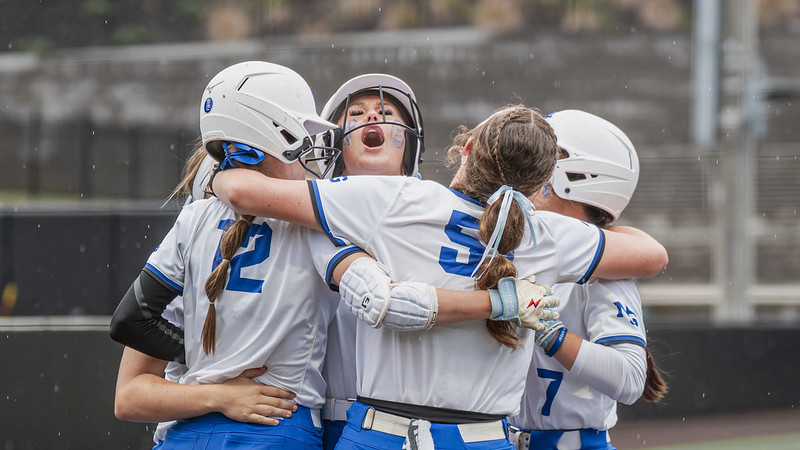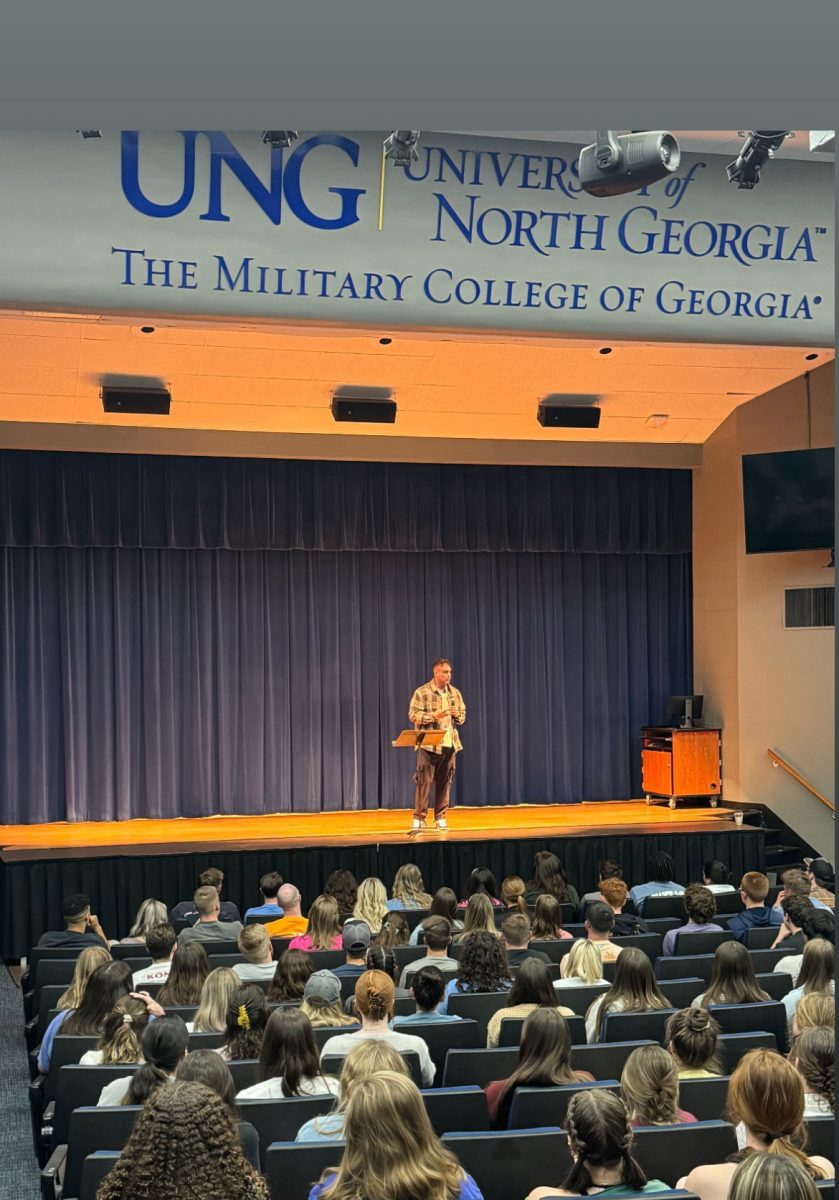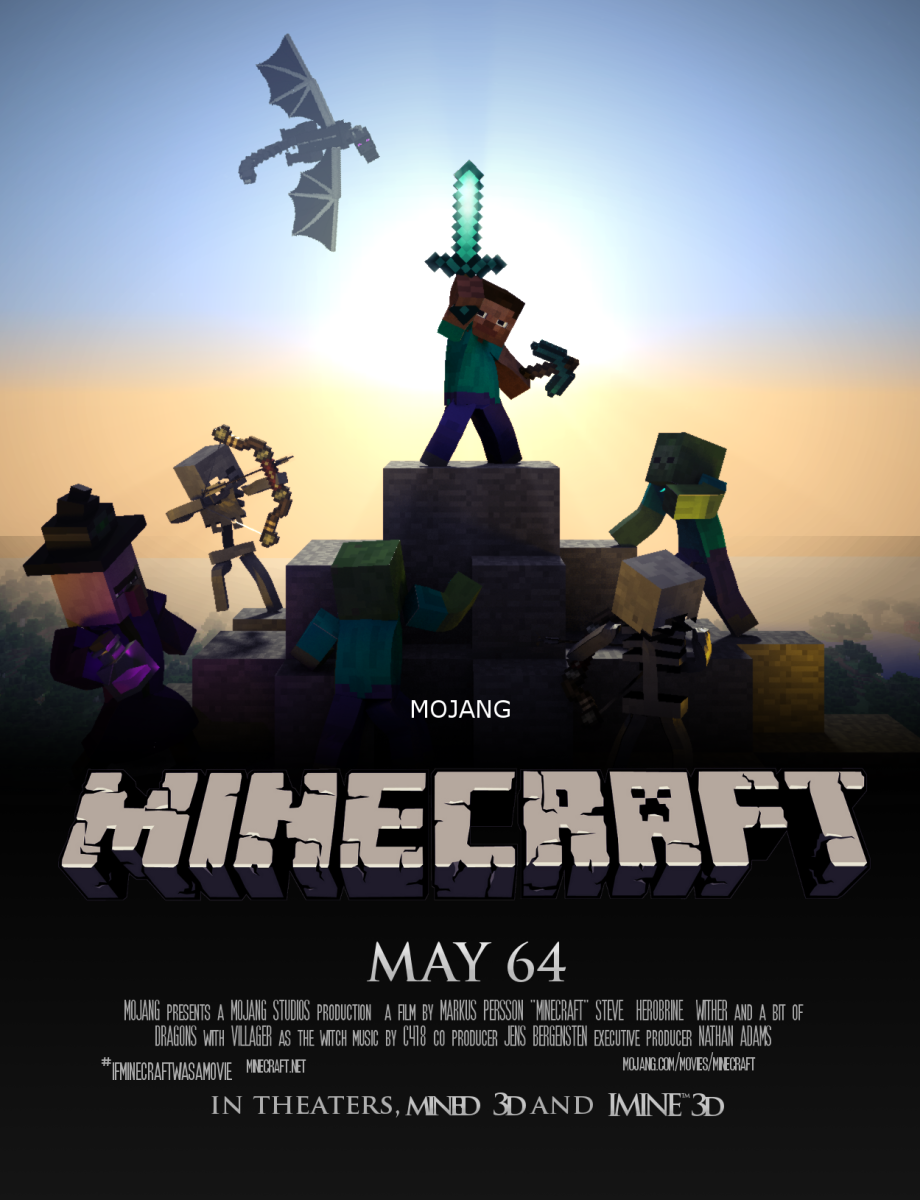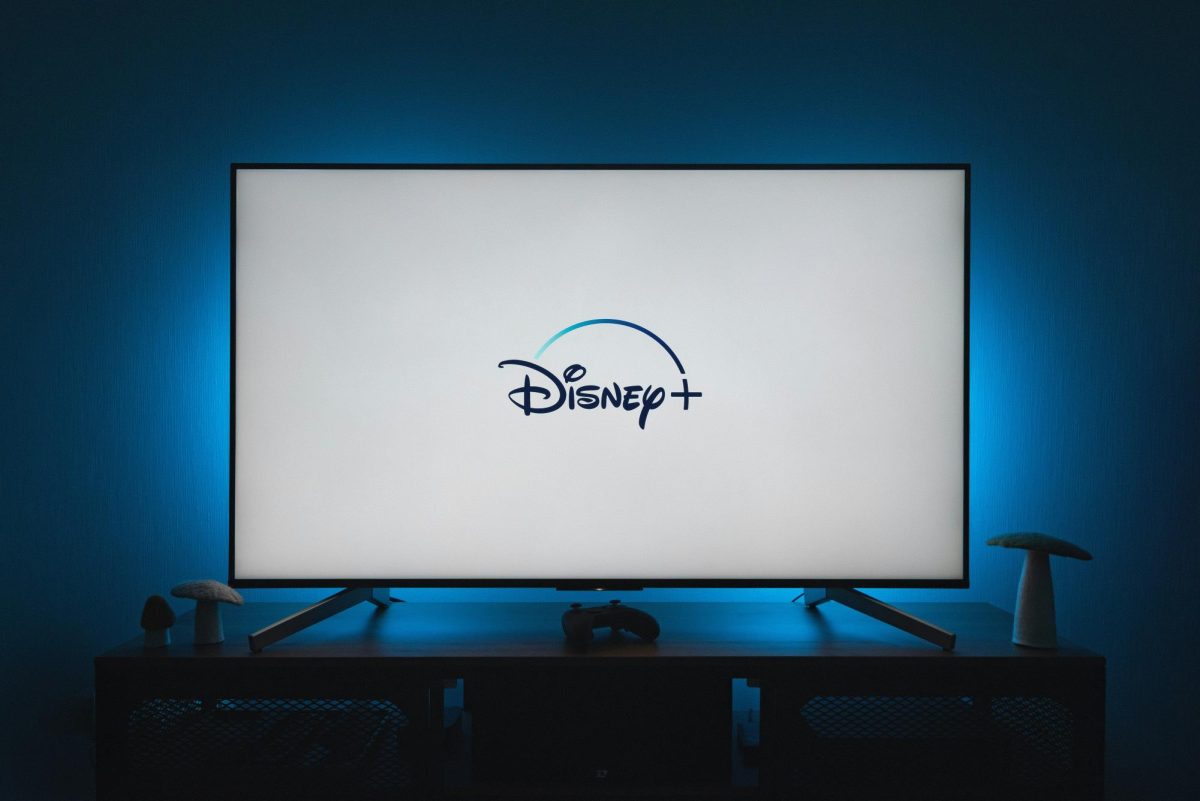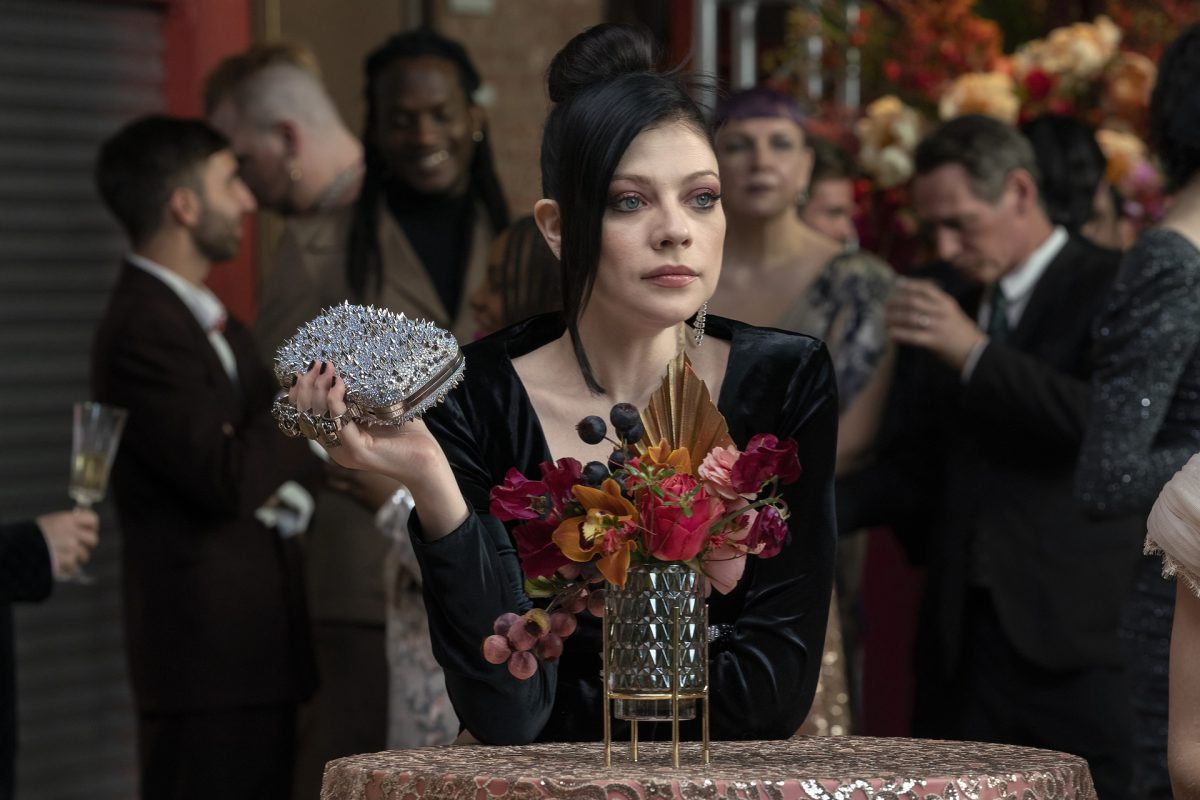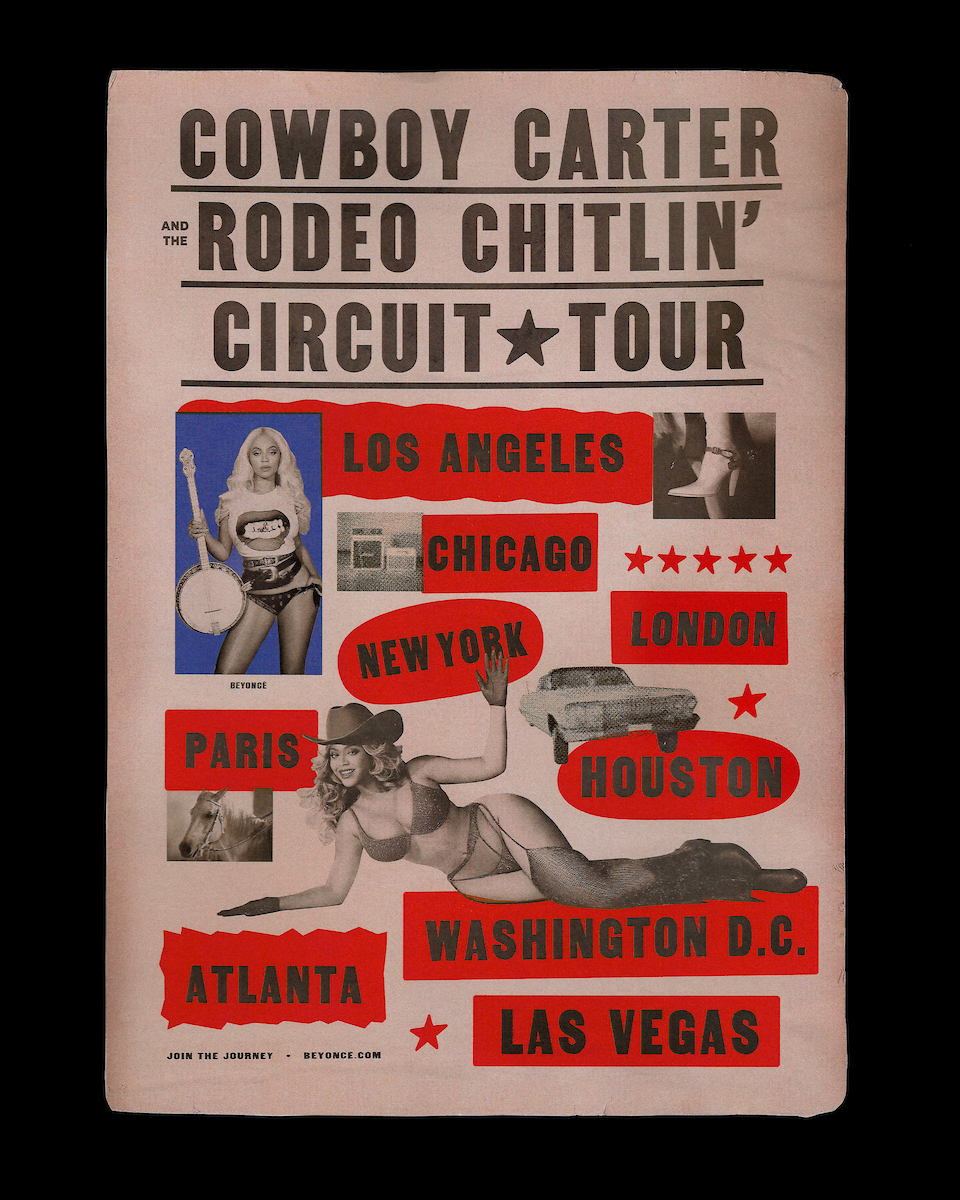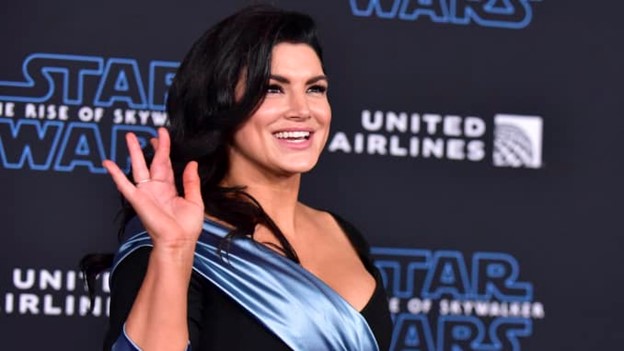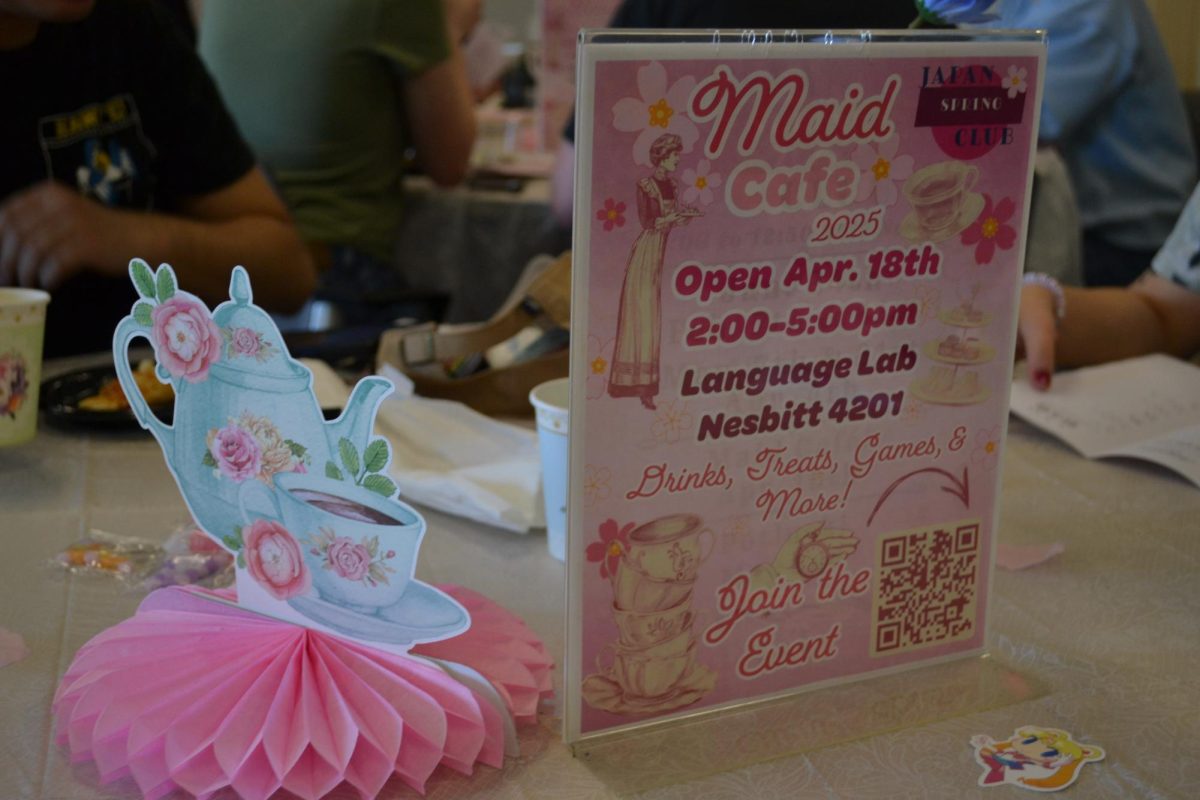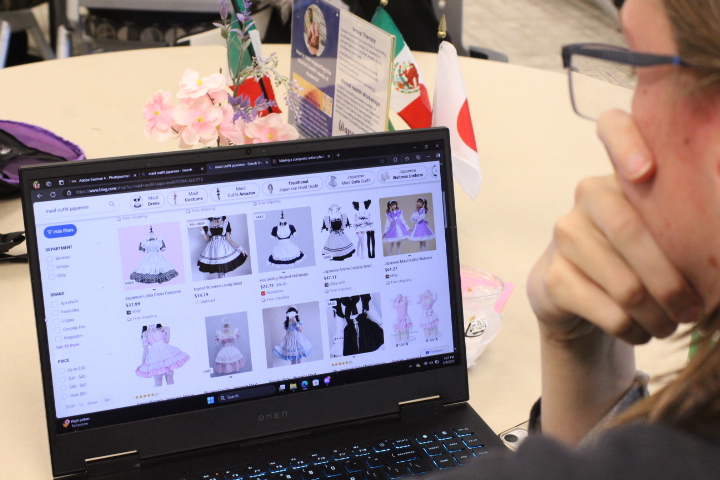The social media trend to “cancel” any person or public figure for making distasteful remarks, bad actions, or just contributing to controversial thinking has come to be known as cancel culture. In fact, Buzzfeed released a long list of individuals who were cancelled last year. Chris Pratt, Ellen DeGeneres, and Shane Dawson were just a few of those on the list.
Is cancel culture going too far? We all know it is a trend on social media, particularly Twitter. Some view the trend as a consequence for those who are called out for wrongful actions and others feel it is problematic, unproductive, and can ruin a person’s life.
Let’s dive into a recent cancellation: Gina Carano.
Gina Carano is an actress, former MMA fighter, and fitness model. She starred as Cara Dune on the hit Disney+ series The Mandalorian but was terminated from the show due to her Tweets on social media. Here are those tweets.
Carano is not currently employed by Lucasfilm and there are no plans for her to be in the future. Nevertheless, her social media posts denigrating people based on their cultural and religious identities are abhorrent and unacceptable. – Lucasfilm
Because an apology was never released by Carano, she is now pulled from all projects and representation at Lucasfilm, Disney, Hasbro, and UTA. Now Gina Carano is working with Ben Shapiro’s The Daily Wire on a film.
Carano’s cancellation resulted in a debate between most conservatives and liberals on social media. Conservatives were quick to defend Carano’s tweets even after some of her posts were deleted on Twitter.
Ultimately, Carano was cancelled because those who disagreed with her viewpoints had everything they needed to “end” her career. While any sort of Holocaust comparison is reprehensible, her Instagram post comparing condemnation of one’s political views to the horrible hatred that Nazis publicly encouraged against the Jews was not her intention.
There is nothing equivalent to the death and torture that was brought upon Jews during the Holocaust. In a recent interview with Ben Shapiro, Carano explains her controversial posts.“I am so inspired by the gentle spirit of the Jewish people going through that time.” She explains that she was inspired by a Jewish Holocaust survivor forgiving a Nazi in court.
“It wasn’t something that I felt was controversial….it was more about people tearing each other apart.”
She said that Holocaust comparisons are, “not fair to the Jewish community, to just throw this out here so much. It was…not my intention to compare republicans to this.”
Her post was deleted.
Carano is the latest addition to cancel culture and many fans are disgusted by Carano’s treatment by Lucasfilm, UTA, and Hasbro. According to NPR, Lucasfilm will not expand Carano’s role in the Star Wars franchise, “after reports had suggested she would play a prominent role in future Star Wars spinoffs, propelled by the runaway success of The Mandalorian.”
There seems to be a definite split between those who agree that cancel culture is just consequence and those who believe it is unproductive and damaging to a person. Our country is divided on a variety of issues. There are no doubts, social media trends like cancel culture contribute to polarization.
From a political standpoint, free speech comes with consequences.
Brianne Anderson currently serves as president of the UNG Political Science Student Association. As she prepares to graduate this spring with her AA in Political Science, as a dual enrolled student, Anderson gladly replied to the series of questions I had about cancel culture from a political perspective.
Hyper-partisanship can arise from cancellation.
Anderson agreed that sorting facts from bias or falsehood is challenging in the realm of cancel culture. Anderson said, “Many times, if a person is cancelled for one bad behavior, it is automatically assumed or spread that there are other instances, even if they are unproven unlike the first allegation.”
Also, the opportunity to discuss disagreements is often missed due to personal slander. Anderson said, “Cancellation can be perceived as a direct character attack and the person being cancelled is less likely to engage in genuine conversation with the group or political party that they believe has cancelled them.” As a result, Anderson felt that cancellation over matters of political stance would be bad overall for bipartisanship.
Cancel culture can be a form of hyper-partisanship, political bias, or just consequence.
“Any form of media can become an echo-chamber for one party or belief system, but what’s different about cancel culture is we are moving from a more moderated platform to social media networks which put the power in people’s hands.”- Brianne Anderson.
Anderson said that it is easier for the focus to be on the wrongdoings of people through social media platforms rather than moderated platforms like cable news networks. Therefore, social media networks are used to further amplify political division.
In addition, free speech has always come with consequences. Plenty of cancel culture cases arose from past or present speech that expressed ignorance, racism, or sexism. Anderson said, “Free speech only guarantees a person’s right to say their opinion so long as it doesn’t harm others, it doesn’t absolve them of consequence and in an increasingly technology-based world, that consequence is often cancellation.”
However, Anderson and I came to the same conclusion: we both do not agree with cancellation.
Anderson said, “I do think people need to face consequences for harmful behavior to be able to learn from them, but if it came to an issue that impacted me, I think that the way some cancellations are done just harms the cause.”
She encouraged listening to each other to share a dialogue on a disagreement, pointing to facts and sources, and in the end the person who stands in opposition, “either walks away agreeing with you and apologizing, respectfully agreeing to disagree without it coming to personal insults, or they feel embarrassed that they were proven wrong by their own source.”
Anderson goes on to say that she believes it is best to engage in discussion with others who disagree with one’s views, not debate, especially regarding cancel culture.
Cancel culture is not the answer to the problems in our country. This trend only stokes the line of fire that separates people on social media. Division is not the answer. Cancel culture is not the solution. Consequences are expected. We must listen to each other and trust sources who state the facts. We need to do better.
Join the discussion
Anderson serves as an example of what we need. Her involvement in PSSA Crossroads discussions truly exhibit the type of respect, understanding, and dialogue we can be a part of to discuss disagreements rather than completely cancel any form of conversation with those who oppose our personal viewpoints.
PSSA Crossroads discussion take place online every Wednesday at noon on Zoom. Join Brianne Anderson and other students every week for relevant discussions on political topics.








